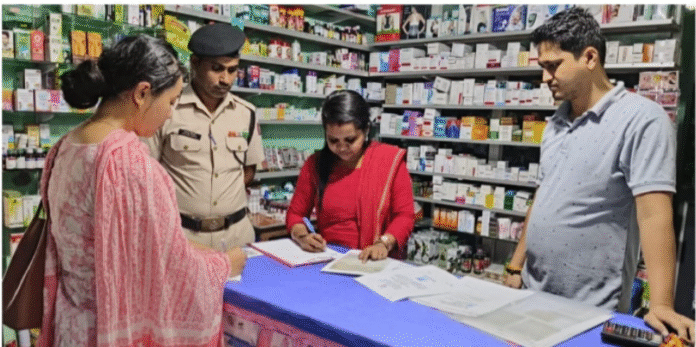As part of a continued crackdown on drug abuse, the 18th meeting of the Andaman and Nicobar Anti-Narcotic Force (ANTF) was held on May 27 to review strategies and coordinate efforts across departments. Led by the Inspector General of Police, the meeting emphasized the importance of integrated enforcement to eliminate narcotics misuse in the islands.
Following this, an awareness meeting was held on June 20 with stakeholders from the pharmaceutical sector, including chemists and pharmacy owners. The session focused on compliance with the Drugs and Cosmetics Act, 1940, and emphasized the need for proper documentation, sale protocols, and CCTV surveillance in all licensed retail drug outlets.
Surprise inspections were carried out on June 26 and 27 at pharmacies across North and Middle Andaman by drug inspectors and local police. Officials verified Schedule H and H1 drug registers, license display, and pharmacist presence. They also reiterated the importance of compliance with Section 42(a) of the Pharmacy Act, 1948 and Rules 65 of the D&C Rules, 1945.
These inspections aimed to ensure that drugs, particularly those with sedative or addictive properties, are sold only on valid prescriptions and that unauthorized sale is eliminated. The team also advised store owners to maintain CCTV backups for at least 30 days, install signage displaying license details, and ensure a licensed pharmacist is always on duty.
The initiative concluded with an anti-narcotic pledge administered to stakeholders and a public appeal to report drug abuse via the Health Department helpline. Authorities aim to strengthen enforcement and raise public awareness to ensure a drug-free community.
The department has also reminded citizens that anyone found violating drug laws may face action under relevant provisions, and that public cooperation is key in ensuring compliance. In a territory where access and availability can be easily exploited due to geographic remoteness, such proactive monitoring becomes vital.





